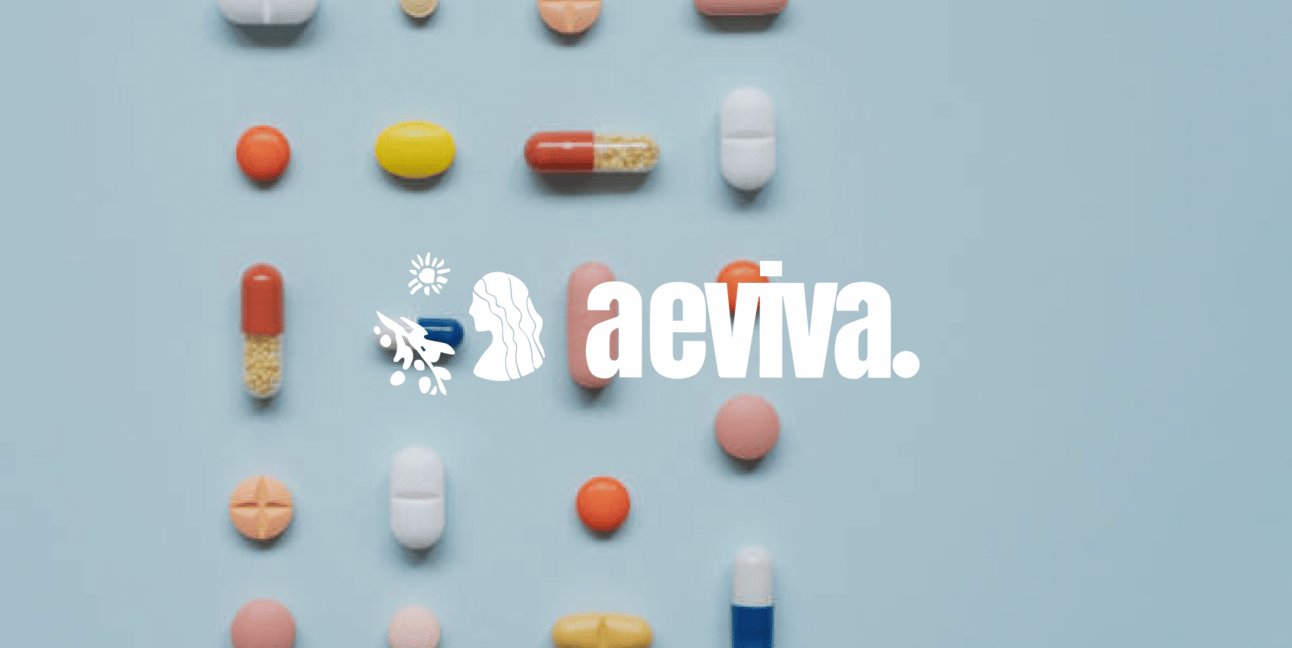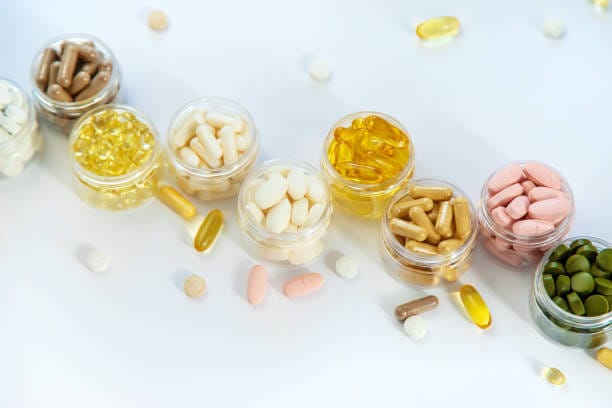- Aeviva
- Posts
- Which Supplement Form is Right for You? Capsules, Tablets, Liquids, or Powders?
Which Supplement Form is Right for You? Capsules, Tablets, Liquids, or Powders?
Discover the pros and cons of different supplement forms and why capsules may be the best choice.

Feel Your Best on the Field With Nike Kylian Mbappé Collection.
Discover the Nike Kylian Mbappé collection, crafted for players ready to take their skills to the next level. Featuring standout styles like the Vapor and Superfly, these boots combine cutting-edge technology with eye-catching designs inspired by the pros. Experience the game-changing Air Zoom unit for explosive acceleration and a responsive touch, whether you’re making that perfect through ball or striking from distance. Treat yourself to a fresh pair from the collection and dominate the pitch. You deserve to feel your best on the field.
Supplements come in all shapes and sizes—from capsules and tablets to powders and liquids. With so many options on the market, how do you know which form is best for you? Each has unique benefits and uses, depending on your health needs and personal preferences.
Let’s break down the most popular supplement forms, explore what they’re best suited for, and reveal why capsules might just be the ideal pick.

The Most Popular Forms of Food Supplements
Supplements are available in a variety of forms, each tailored to specific needs and preferences:
Capsules
Tablets
Softgel Capsules
Liquids/Gels
Powders
💡 Fact: Capsules account for nearly 40% of dietary supplement sales due to their versatility and ease of use.
Understanding Each Form
Tablets
What They’re Best For: Often used for multivitamins, minerals (like iron or calcium), and budget-friendly supplements.
Benefits:
Cost-effective and long shelf life.
Compact size allows for high doses in a single pill.
Drawbacks:
Can be harder to swallow, especially for those with sensitivities.
May contain binders or fillers to hold their shape.💡 Stat: Studies show keto dieters lose up to 2x more weight than those on a low-fat diet in the first 6 months.
Capsules
What They’re Best For: Capsules are versatile and widely used for vitamins, minerals, probiotics, and herbal extracts. They can contain powder, granules, or even liquid inside, making them adaptable for various nutrients.
Benefits:
Easier to swallow compared to tablets, especially for those with sensitivities.
Dissolve quickly in the stomach, leading to faster absorption.
Tasteless, unlike powders or liquids, and free from unpleasant aftertastes.
Protect sensitive ingredients like probiotics from moisture, air, and light.
Vegan and gelatin-based options are available, catering to dietary preferences.
Drawbacks:
Sensitive to Moisture: Capsules can degrade faster if exposed to humidity.
Smaller Dose Capacity: They hold less content than tablets, requiring multiple capsules for high doses.
Softgel Capsules
What They’re Best For: Ideal for fat-soluble nutrients like Vitamin D, Vitamin A, Omega-3 fatty acids, and plant-based oils like Astaxanthin.
Benefits:
Smooth and easy to swallow.
Perfect for liquid or oil-based ingredients.
Prevent oxidation, keeping ingredients fresh.
Drawbacks:
Limited to fat-soluble ingredients.
Slightly higher cost than regular capsules or tablets.
Liquids/Gels
What They’re Best For: Popular for children’s supplements, elderly individuals, or anyone with difficulty swallowing pills. Commonly used for Vitamin C, Vitamin B12, and herbal tinctures.
Benefits:
Rapid absorption into the bloodstream.
Easy to consume for those with pill fatigue.
Often flavored to improve taste.
Drawbacks:
Bulky and less portable.
Shorter shelf life compared to solid forms.
Powders
What They’re Best For: Frequently used for protein, greens, electrolytes, and bulk supplements like creatine or collagen.
Benefits:
Highly customizable dosages.
Easily mixable with water, juice, or smoothies.
Convenient for high-volume nutrients.
Drawbacks:
Often comes with a strong taste.
Can be messy and inconvenient to measure.

Our Pick: Capsules Take the Crown 🏆
While every supplement form has its place, capsules stand out as the most versatile and user-friendly option. They’re easy to swallow, fast-acting, and protect ingredients better than other forms. Whether you’re taking vitamins, probiotics, or herbal supplements, capsules combine convenience with effectiveness.
💡 Fun Fact: Studies show capsules dissolve within 4 minutes in the stomach, making them faster-acting than tablets.
Interactive Section: Which Supplement Form Fits You Best?

Take this quick poll to find your ideal supplement form:
1. What’s your main concern when taking supplements?
A) Ease of swallowing.
B) Affordability.
C) Fast absorption.
2. How do you usually take your supplements?
A) On the go.
B) Mixed into a drink or smoothie.
C) At home with a meal.
🏆 Results:
Mostly A’s: Capsules are your best match!
Mostly B’s: Tablets or powders might suit your preferences.
Mostly C’s: Liquids or softgels are perfect for you.
Choosing the right supplement form depends on your health goals and lifestyle. While tablets, liquids, and powders have their benefits, capsules offer the best combination of convenience, versatility, and effectiveness. Next time you shop for supplements, consider giving capsules a try—you might just find they’re the perfect fit.
Take-Home Message
Capsules are versatile, easy to swallow, and protect sensitive ingredients.
Tablets are compact and affordable but may be harder to digest.
Softgels are ideal for fat-soluble nutrients like Omega-3s and Vitamin D.
Liquids offer fast absorption but have a shorter shelf life.
Powders are customizable but can be inconvenient to use.
Capsules are our top pick for their all-around benefits.

Reply